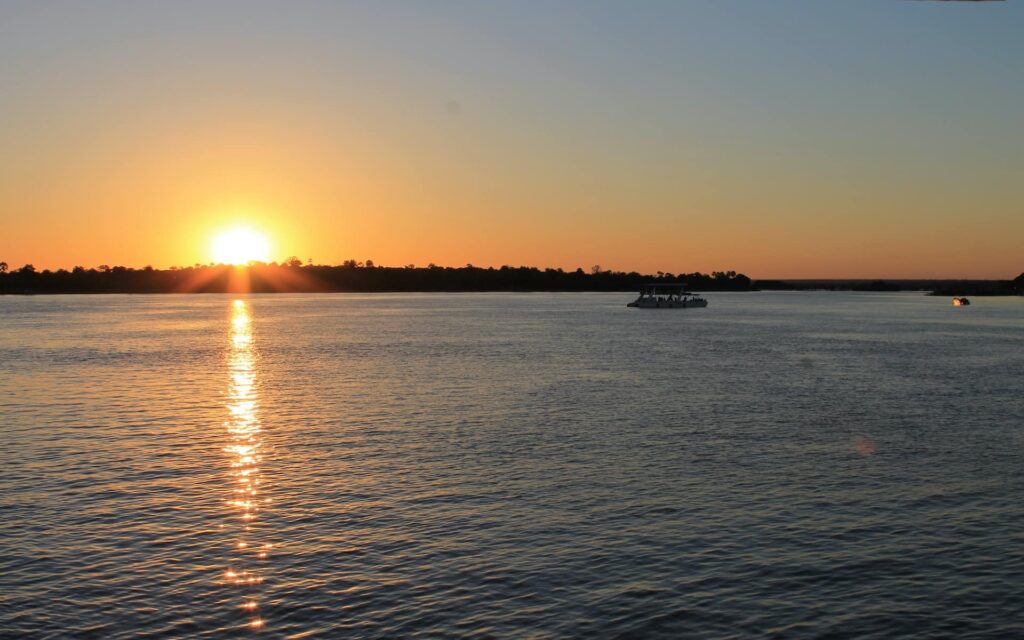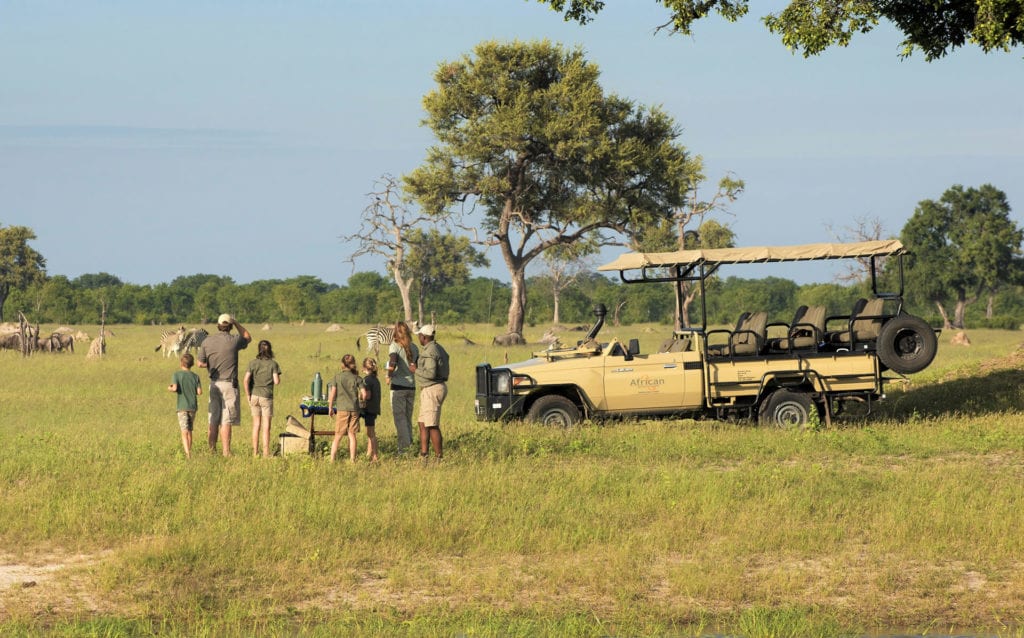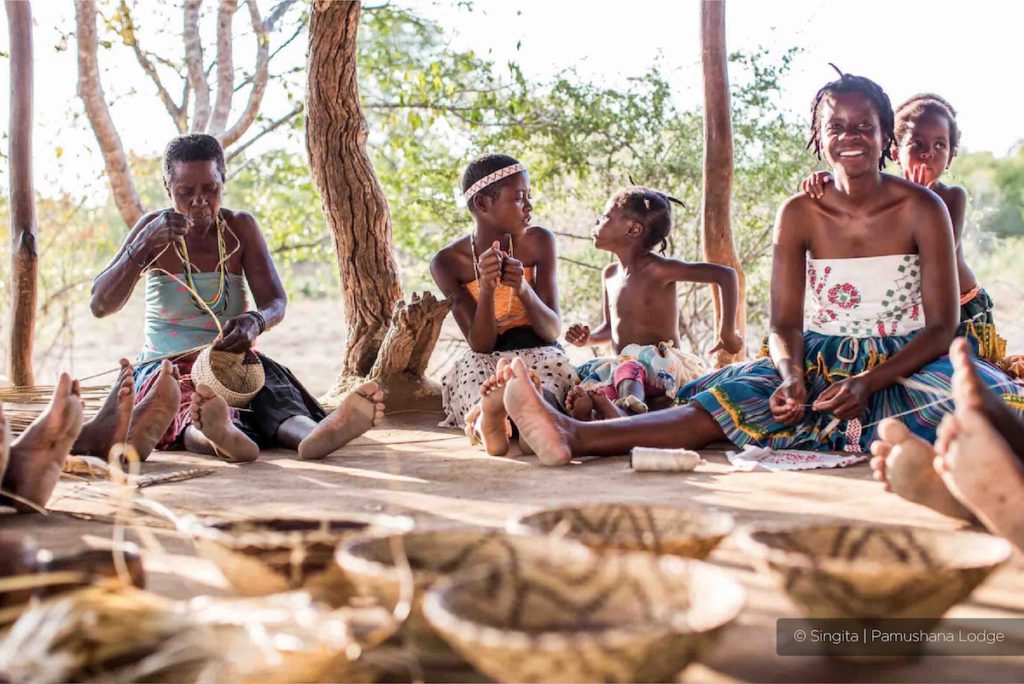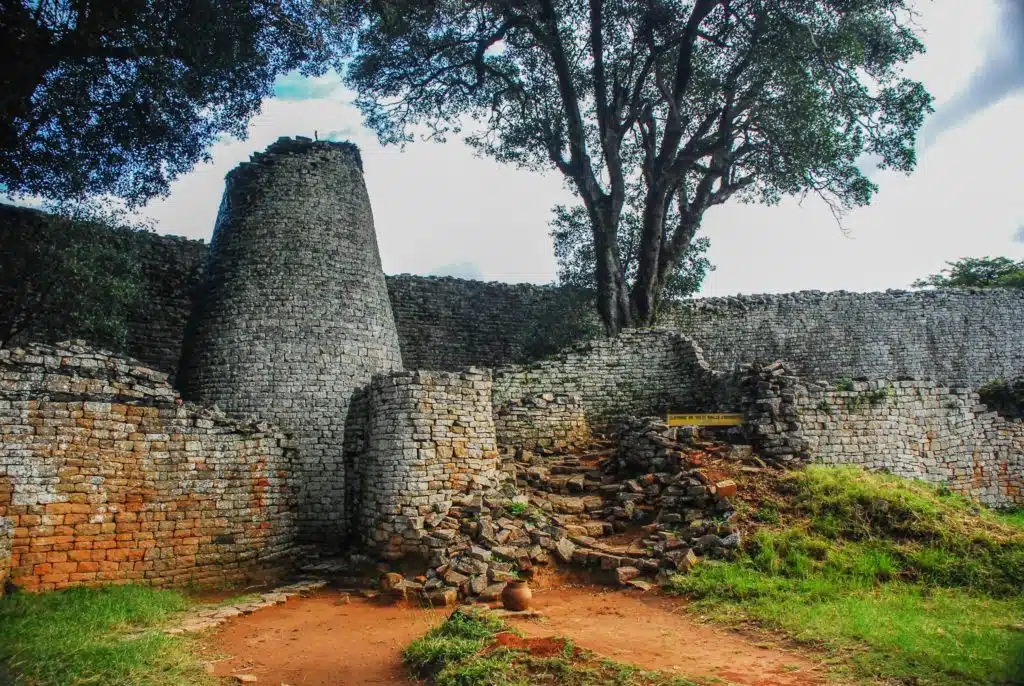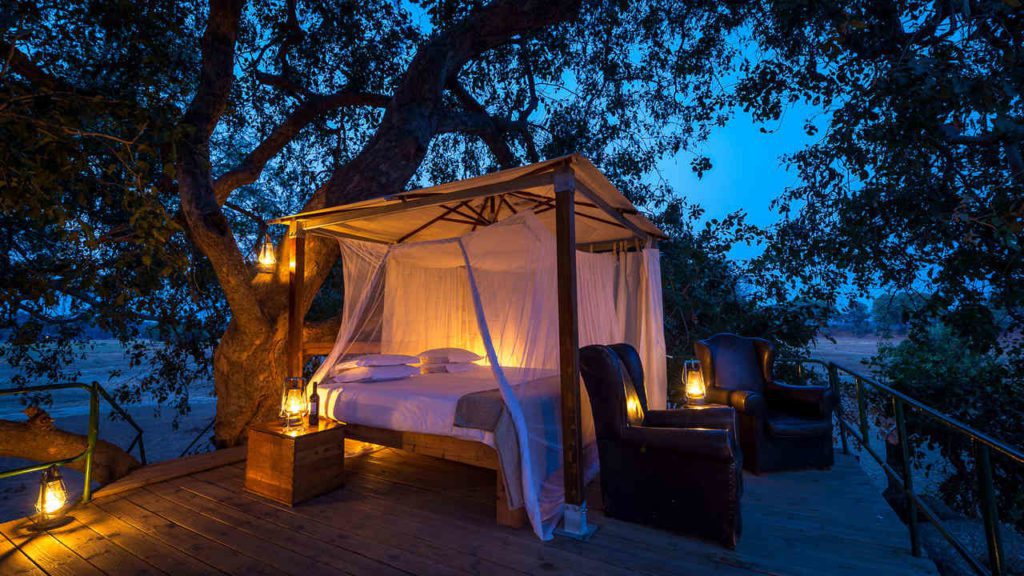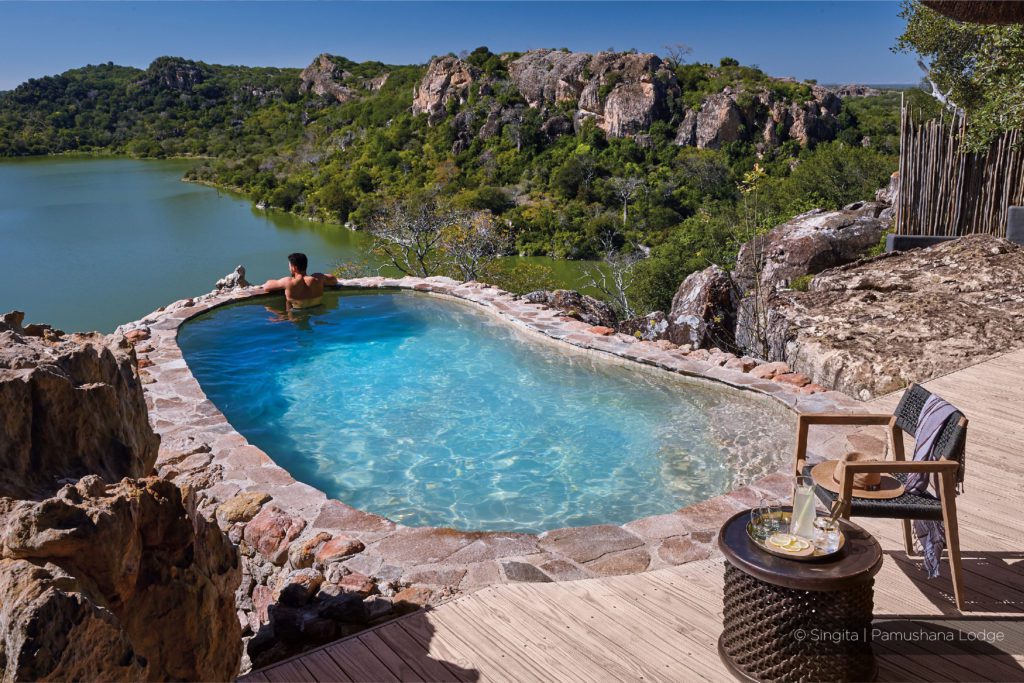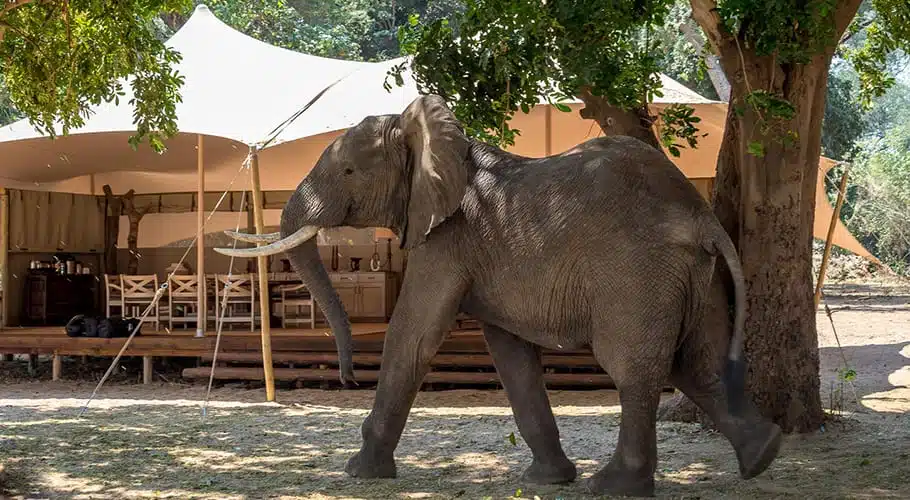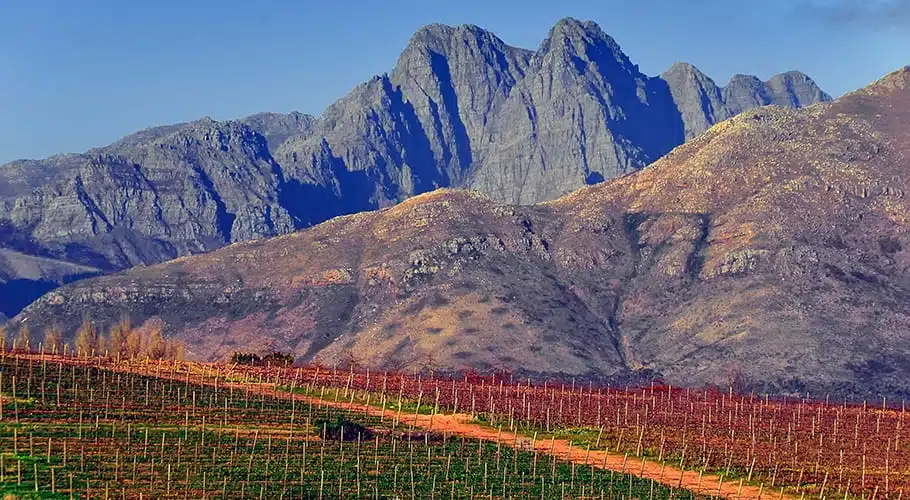HOW LONG SHOULD I SPEND IN ZIMBABWE?
With such a diverse gamut of offerings, the length of your Zimbabwe safari is somewhat up to you. If Victoria Falls is your only quarry, a day or two will suffice. You can extend this to five days if you also wish to take in a tented camp or park lodge stay – an option we frequently recommend most highly. However, you would be more than content spending 10 days or two weeks on a luxury Zimbabwe safari, exploring the entire spectrum of experiences this country has to offer.
WHEN IS THE BEST TIME TO VISIT ZIMBABWE?
With winters comfortably cool and summers not excessively hot – or wet – Zimbabwe is a year-round destination. However, the period of May to September presents the country’s most resplendent showcase of wildlife, climate and natural beauty.
WHAT CAN I EXPECT FROM ACCOMMODATION IN ZIMBABWE?
Much of the accommodation has been fairly recently established, benefiting from the extensive influence of other countries and safari accommodations. In light of this, you can expect premium quality and service, with lodges and camps taking absolute advantage of the natural environment to luxuriously highlight the treasures of Zimbabwe.
OTHER DETAILS:
Visas are required for most visitors and are available upon arrival. The Kaza UniVisa gives you the benefit of being able to enter and travel between both Zimbabwe and Zambia multiple times. Inoculations may be recommended, in addition to a course of anti-malaria medication. We suggest you contact your travel designer or a travel medicine specialist for advice.
English is widely spoken to a high level in Zimbabwe, a country with some of the highest levels of education anywhere in Africa.
Zimbabwe is a highly economical destination and you will find good value in all you do. This allows you to indulge a little more and partake in more vacation experiences while remaining within budget.

